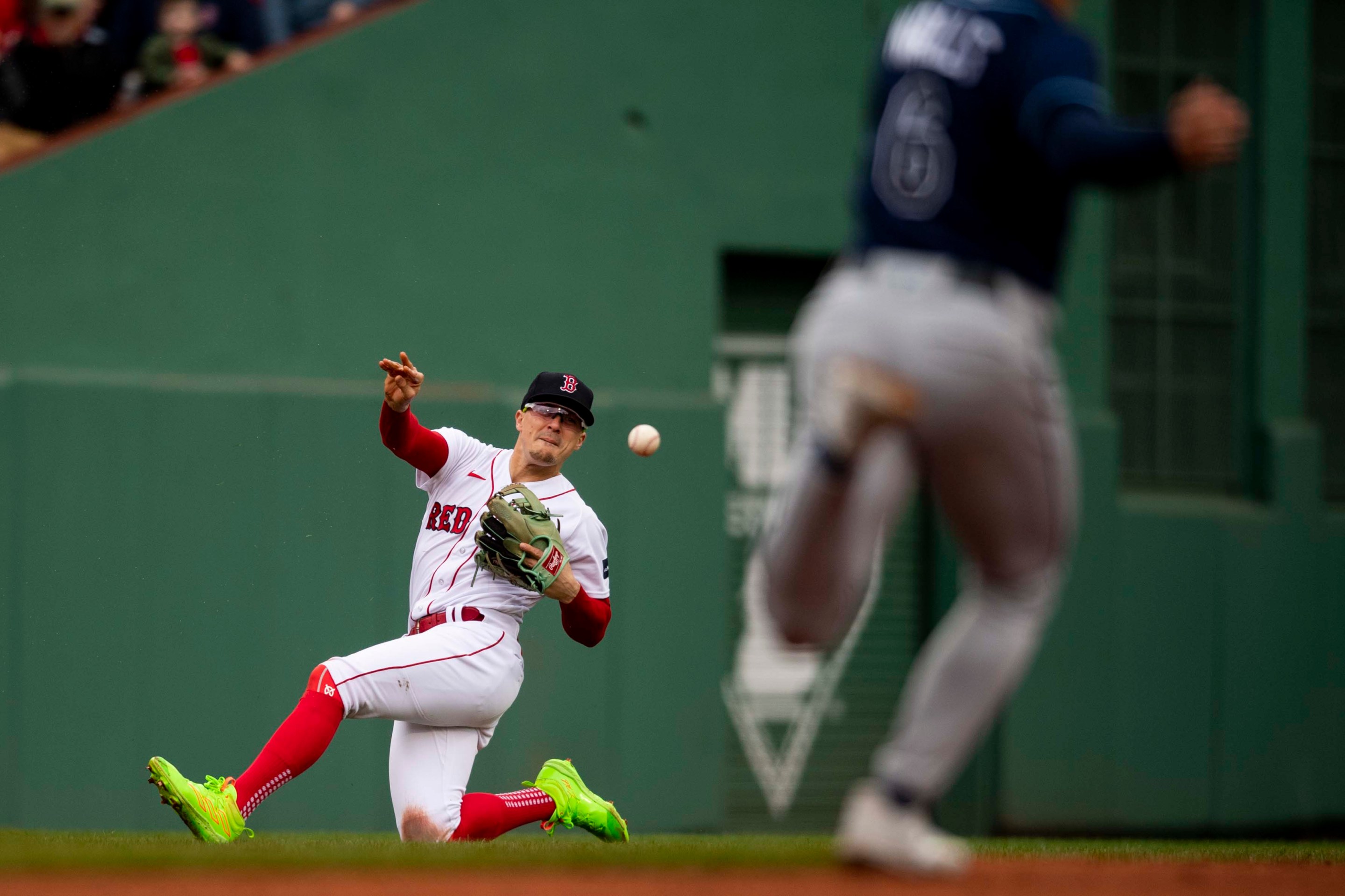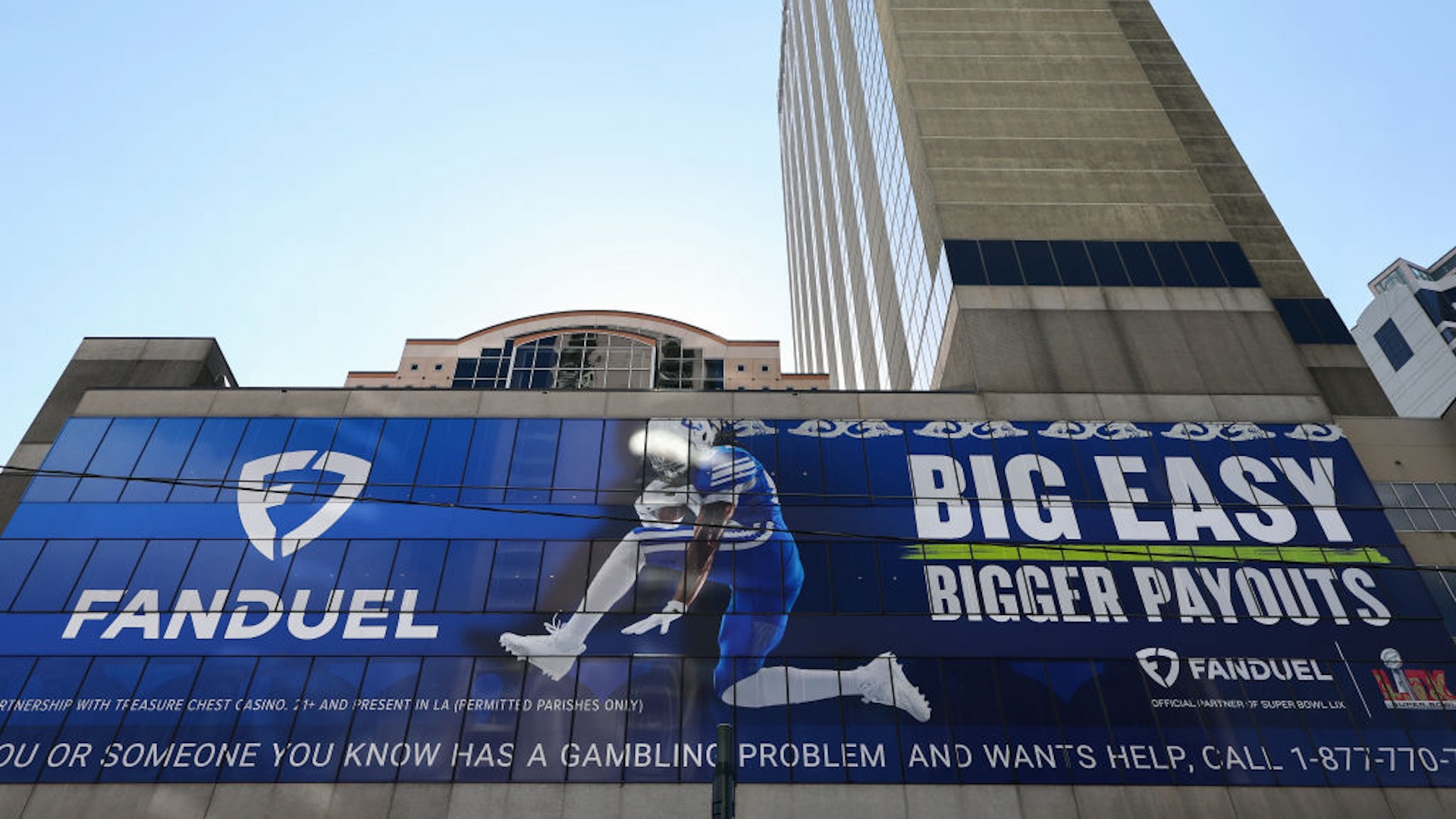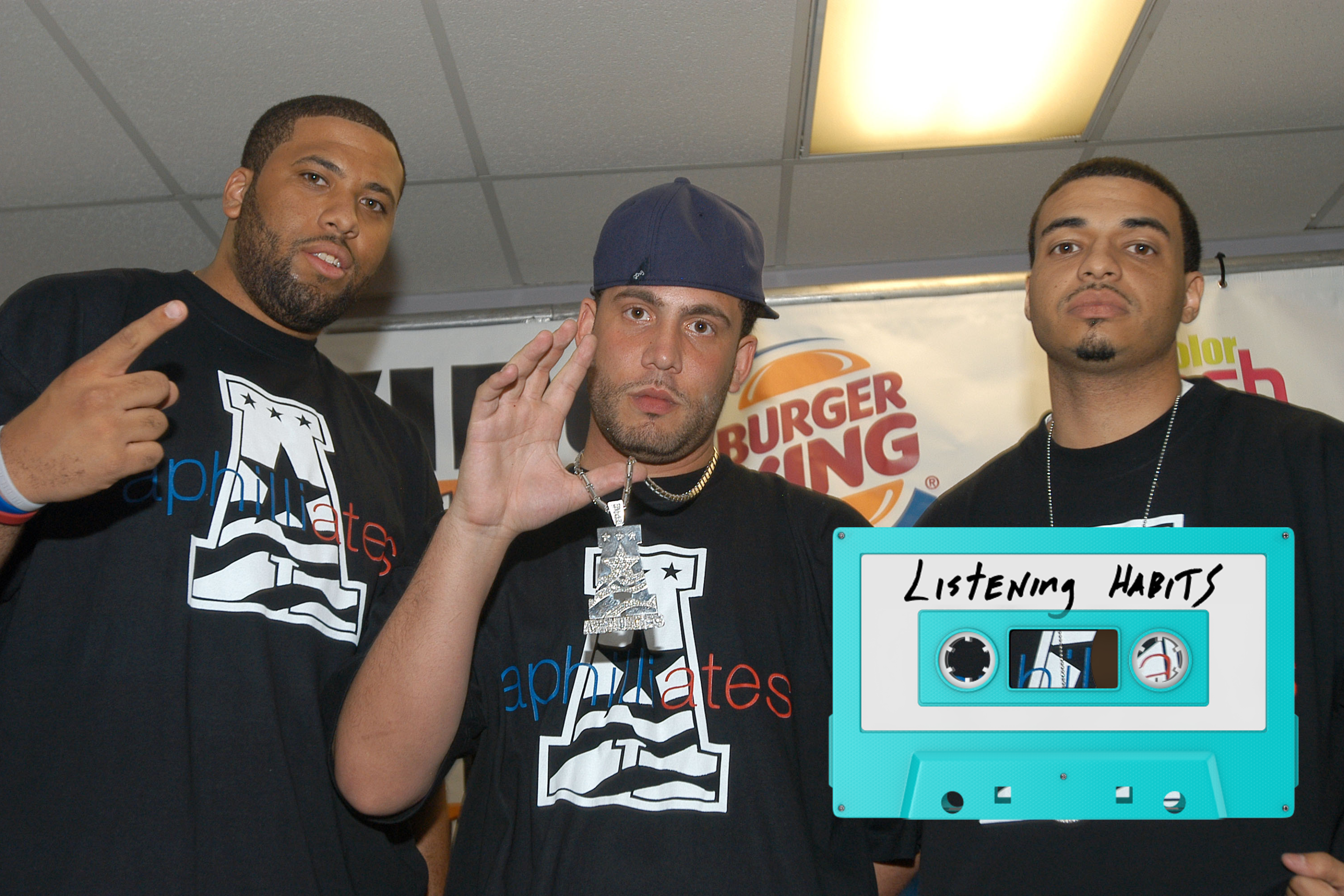Charlie Gibbons was a sign-painting man. His work used to be on the sides of buildings all over Worcester, Mass. He invented a formula for gold leaf, so his work used to be on office doors all over Worcester, too. He worked at his shop on Foster Street. He went to lunch at Ernest Ryan’s lunch-cart up the street. His workers drank at Moynagh’s up the block on Exchange Street, a Worcester institution that was owned by the guy who later would be my high school English teacher. Down the street was Frank Cotter’s saddle shop, where my father worked in high school. It was a little world within the small world of Worcester. I am convinced that, if I went to the moon, I would meet someone who used to eat breakfast at the Miss Worcester diner, or late-night chicken parms at the Parkway.
I am named for Charlie Gibbons. He was my maternal grandfather and the only grandfather I would know. We would visit him and my grandmother almost every Sunday in his big house atop Crow Hill, where Worcester ran down toward Lake Quinsigamond and the suburbs on the other side. In the summer, he would sit in one of the first recliners I ever saw, a bilious green leather specimen. He had four regular companions: the Red Sox on TV, a pack of unfiltered Camels, a quart bottle of Narragansett Lager Beer, and me. We would watch the Red Sox together. These were the Red Sox of the early 1960s, when the team went rancid every season right from Opening Day. I mean, in 1964, the last year that he was alive, the Sox won 72 games and finished eighth in the American League, 27 freaking games behind the New York Yankees. It also was a season in which a monumental moment occurred in my life as a sports fan.
I can’t remember who the Sox were playing that Sunday. In those days, it hardly mattered. The quart of ‘Gansett was well below the midline, and I don’t even want to guess how many unfiltered Camels already had given their lives. An opposing batter nubbed one down the third-base line and Boston third baseman Frank Malzone booted the easy grounder.
Before moving on, it is only fair to point out that Malzone was an eight-time All Star; he won three Gold Gloves, including the first one ever awarded to a third-baseman. But that resume was no match for a half-quart of ‘Gansett transubstantiated into pure ethnic outrage.
“Choke,” my grandfather yelled. “Choke, you fucking Guinea.”
My grandmother was on us in a flash. I never thought the old girl had that kind of lateral quickness, but I was shuffled out into the backyard so quickly I’m not entirely sure my feet touched the ground. I spent the rest of the afternoon pondering what it was about That Word that turned Nana Gibbons into Bullet Bob Hayes. And thus did I experience my first encounter with the F-bomb, and it was in connection with the Boston Red Sox. It would not be the last.
Right now, as the Sox flounder around in last place in the American League East, albeit while still hovering around .500 and fresh off a recent sweep of the Aaron Judge-less Yankees, I am feeling a bit of old Charlie rising in me. It looks to me like this franchise is being owned and run by marmosets. It was bad enough when they squandered Mookie Betts. It was worse when they squandered Xander Bogaerts. These were the two best everyday players to come through the Red Sox system since Fred Lynn and Jim Rice. Back in the days of the bilious green recliner, the Sox regularly stripped their farm system in pursuit of burly Bats Right Caucasians who tipped over the hill from the moment they got off the airplane. Between the architectural opiate of that left-field wall and owner Tom Yawkey’s obvious racism, there never was any hope for the future even as the present turned into an annual landfill. It was, in its own mad way, very restful.
My dislike for this year’s Red Sox team has very little to do with the players. Rafael Devers is still worth tuning in for every at-bat. (Let me say right now that, if they piss Devers away, I’m off to Home Depot to test-drive flamethrowers.) Their defense is historically bad. But what really creases me is management, which seems to alternate between apathy on the part of the owner and performance anxiety on behalf of the folks in baseball operations, up to and including Chaim Bloom, the latest young genius charged with putting the team together. Bloom has done a remarkable job of making himself the face of failure in a remarkably short space of time.
(This is not to mention his—and the team’s—hamfisted handling of veteran relief pitcher Matt Dermody, whom they signed, only to discover that he had dealt in some serious homophobia a couple years ago on social media. The team called him up after the story had broken, and then was buried in the local and national media for its insensitivity. They cut Dermody loose after one start.)
Bloom walked into a job with a team that had already demonstrated a curious sweet-tooth for lowballing its established talent. That’s what cost them Jon Lester, and what poisoned the team’s relationship with beloved David Ortiz in his later years, all of which happened before Bloom even got here in 2019. That pattern continued with Betts and Bogaerts, the latter of whom signed a deal with San Diego that he later said he would have accepted had Boston offered it. When the Sox signed Devers in January, it was the first time in years that the team had said that signing an established star was its top priority and actually seemed to mean it.
I dislike this Red Sox team because I don’t care about it very much. I dislike this team because it has made me not care about it. I dislike this team because it seems to have devolved into a soulless profit-machine owned by a soulless sports conglomerate. The Fenway Sports Group, which used to be a cute and charming little name, now owns Liverpool in the English Premier League, the Pittsburgh Penguins of the NHL, and what used to be called Roush Racing on the NASCAR circuit. There were rumors that John Henry might be interested in taking on the Washington Commanders, although that clearly didn’t happen. And one of the partners in FSG, LeBron James, is still pushing for an NBA expansion team in Las Vegas.
The point is that the Red Sox are now a property, a “brand,” in that most loathsome term of business-school art. They play in a wonderful, ancient ballpark in which beers cost $9.50 a pop, but the team as such is not part of the lore and legend of the place any more. And it is easy to come to the conclusion that as long as folks are paying $9.50 a beer, and as long as Mohamed Salah and Sidney Crosby are happy elsewhere, it doesn’t much matter to the people overseeing that brand that reducing payroll and shuffling out the two best everyday players the system had developed in 40 years has produced on the field a club that committed 53 errors by the beginning of this week.
Even more mystifying was the team’s insistence on playing its personnel out of position. (Boston Globe columnist Chad Finn made a convincing case that the Red Sox regularly start a lineup that includes at least four players better suited to be DHs, including the actual DH.) The most conspicuous victim of this mad lineup card carousel has been Kiké Hernandez, a talented center fielder who was dragooned into playing shortstop, where he made 14 errors before he was reprieved.
I watched in pure amazement on June 4 when, in a game against the Rays, the Red Sox concocted a home run for Tampa’s Yandy Diaz that had to be seen to be believed, and strained credulity even then. With a man on first, Diaz chopped a ball into right field. Boston’s Alex Verdugo opted for a scenic route up the banks of the Charles to get to the ball. When he finally arrived, he hit cutoff man Emmanuel Valdez, whose relay took Connor Wong up the first baseline while Manuel Margot crossed the plate. Wong then tried to throw out Diaz, who had never stopped running; that throw sailed up the gap in left-center, where it actually travelled farther than the ball Diaz had hit. Diaz came all the way around to score, on a home run that belonged in that scene in A Night At The Opera when the Marx Brothers sneak the sheet music to “Take Me Out To The Ballgame” into the orchestra’s score for Il Trovatore.
Two runs on a grounder. Just like you draw it up! #RaysUp pic.twitter.com/y7tehP7eFM
— Bally Sports Sun: Rays (@BallyRays) June 4, 2023
What I didn’t like about all this, or what I disliked most, is that I didn’t care. This was exactly the kind of buffoonery common to all those 60-win Boston teams that entertained Charlie Gibbons and me. (Back then, the Red Sox had a first-baseman named Dick Stuart who earned the nickname, “Dr. Strangeglove.”) Charlie and I laughed back then because we cared about the team in all its consummate incompetence. It was part of its charm.
On defense and overall, though, these Red Sox are a charmless exercise, concocted out of a corporate structure that certainly is not functioning at maximum capacity where its Boston subsidiary is concerned. Instead, it is producing a marginally saleable product and making it available at luxury prices. Except for 27 days, the Red Sox have been in last place ever since the end of last July. There isn’t enough ‘Gansett in the world to make me care.






